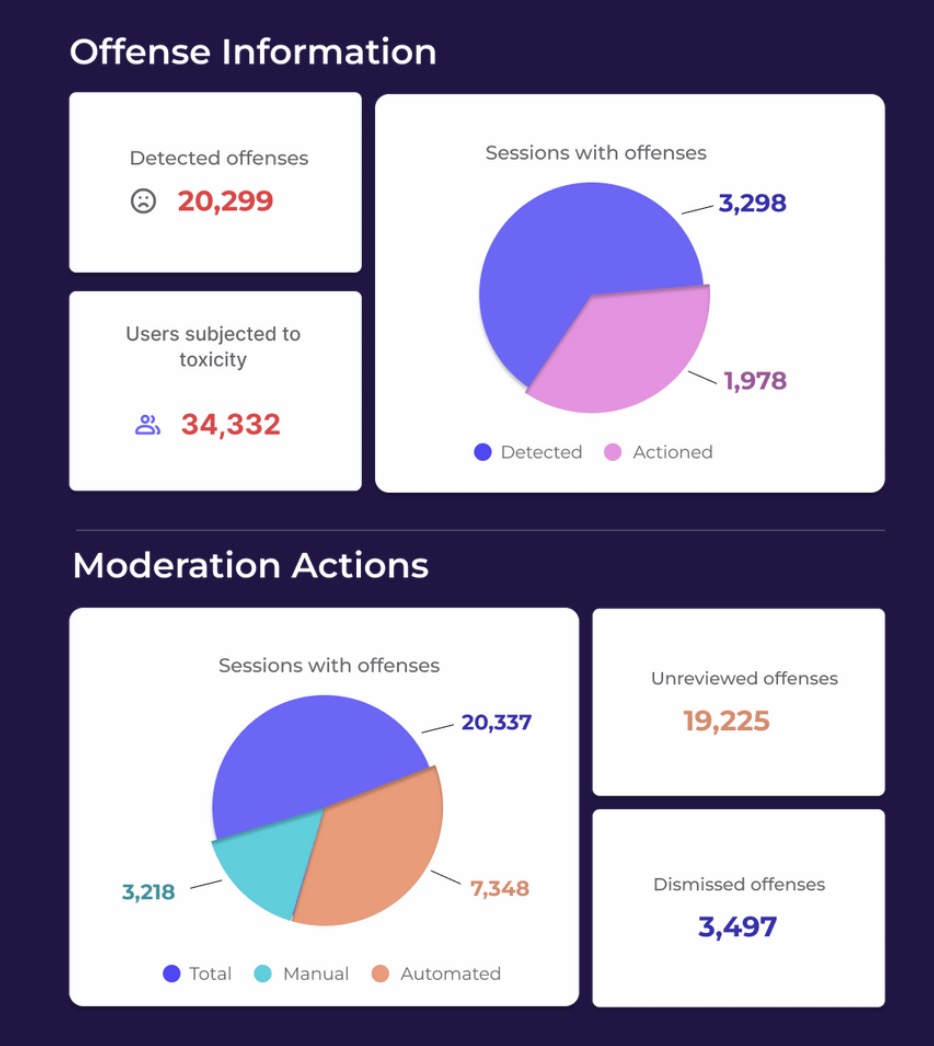The globally popular Call of Duty franchise is jumping into the murky waters of voice chat censorship relying on AI technology. Activision, the company behind the franchise, revealed a unique partnership with AI technocrat Modulate, aimed at curbing the toxicity associated with in-game chatter.
This stern approach will see the integration of Modulate’s proprietary voice moderation tool—ToxMod—into Modern Warfare 2, Warzone 2, and the anticipated Modern Warfare 3.
While the pro-censorship brigade may lap up this news, ardent defenders of free speech will find this contentious, potentially viewing this as just another example of Big Tech tightening its digital leash. They might argue that the application of such AI censorship could potentially erode the spirit of free speech, allowing Big Tech to manipulate and surveil its users.
ToxMod, which embarks on its beta testing voyage this week, allegedly has the capacity to infer and keep a check on “toxic speech” – an umbrella term that Activision uses to describe so-called hate speech, harassment, and a plethora of discriminatory languages.

Yet it’s important to note that this does mark a milestone as the first dedicated and proactive voice chat moderation tool specifically designed for gaming.
For now, Call of Duty’s new AI-backed sheriff, the ToxMod, will not possess the power to banish players. Its function is purely observational, aiming to identify potential transgressions and report them.
Essentially, if an individual’s voice chat becomes the subject of complaints, actual humans will execute judgment before any punitive action takes place, arguably leaving some room for human discretion.
The linchpin here is that ToxMod claims to look beyond the actual text and delve into the tone and intent. The scope of interpretation of language will prove an interesting experiment, touted with a lot of promises, akin to several other AI companies.
Globally, the ambitious ToxMod will be introduced to Call of Duty with the release of Modern Warfare 3 on November 10, initially targeting English-language moderation, with plans to expand to other languages at some future point. The true achievements of this venture, and their implications for free speech and censorship, are yet to unfold.









